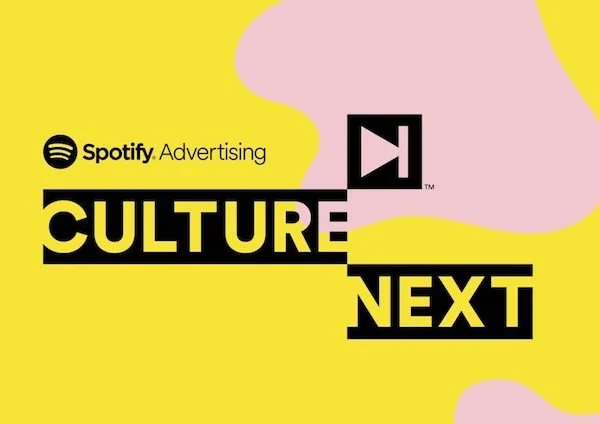Marketing Artificial Intelligence in Music
Everything Everything
This year, we’ve seen Artificial Intelligence (AI) step further into the music industry spotlight. While some AI music marketing campaigns have soared, others have sunk.
It’s still an unfamiliar concept for many music lovers, so marketing the incorporation of AI into everyday music comes with its own challenges. Marketers have to ask themselves how they plan to make AI palatable to audiences who often frame music engagement as a uniquely human experience.
FN Meka Controversy
We couldn’t discuss the cross section between music and AI without touching on FN Meka - one of the first sources of major controversy in AI music.
The computer-generated character FN Meka is voiced by an anonymous person. FN Meka performs music and lyrics generated by AI, using data from video games and social media.
In August, FN Meka became the first AI artist to sign with a major record label. For some, the announcement of FN Meka’s signing to Capitol Records was an exciting glimpse into the future of AI-generated music. For others, the experience wasn’t nearly as positive.
Following the announcement, controversy around FN Meka arose. Many were disturbed by the character’s reliance on racist stereotypes and use of the N-word, as well as depictions of the newly signed virtual artist as the victim of police brutality.
Less than two weeks after the announcement, civil rights group Industry Blackout shared this post condemning Capitol Records’ partnership with the new act. Within the same day, Capitol Records terminated FN Meka’s contract.
The short-lived signing of FN Meka reminds us that music, lyrics and characters can be generated by AI, but at the end of the day, their audience will always be human. By playing off stereotypes and real-life issues that impact actual people to market an AI artist, the team behind FN Meka well and truly missed the mark.
Everything Everything and Co-Writer Kevin
When Everything Everything rolled out the campaign for their album ‘Raw Data Feel’ released via Infinity Industries / AWAL, they achieved a tasteful balance between the familiar and the unfamiliar.
The album was co-written by AI named Kevin, who was fed content from Beowulf, Confucius, LinkedIn’s terms and conditions, and 4chan comments. The band say Kevin wrote less than 10% of the album’s lyrics, plus the song title ‘Software Gentleman’.
Kevin was first incorporated into the band’s campaign during the pre-save phase. Fans who found and scanned QR codes in the UK were taken to a website where they would find Kevin in chat-bot form, who would share the pre-save to the album’s lead single ‘Bad Friday’.
AI was also used to create the ‘Teletype’ music video - in which a number of AI generated faces are shown singing the single.
Following the video release, the band shared an Instagram filter where users could use the effect on themselves. Later on, Everything Everything shared a video that compiled fan’s submissions using the filter.
By offering their audience a chance to engage with the AI theme themselves, Everything Everything created an important link between user and AI. By associating AI and Kevin specifically with everyday activities, the integration of music and AI took one step closer to normalcy for Everything Everything’s fans.
Frontman Jonathon Higgs has sworn himself to secrecy regarding which lyrics are his and which are Kevin’s, so there’s still a touch of mystery surrounding the use of AI for this release.
Tencent’s Mimicry
Thanks to this report by Music Business Worldwide, we recently learnt that China’s Tencent has released more than 1,000 tracks that feature AI vocals that mimic humans. One of them, titled ‘Today’ has over 100 million streams.
According to MBW, using what’s described as “patented voice synthesis technology”, the Lingyin Engine, Tencent can “quickly and vividly replicate singers’ voices to produce original songs of any style and language”.
The tech has been used to pay tribute to the late Anita Mui, with the track ‘May You Be Treated Kindly By This World’.
So it’s possible that AI may be used to replace or replicate actual human artists’ voices, an issue that will no doubt pose even more challenges and ethical questions for marketers.
The most important lesson that we learnt about AI music marketing is that it’s still a work in progress.










Last week, IFPI shared the Engaging with Music Report 2022, which features a collection of data sourced from 44,000 respondents, aged 16-64.